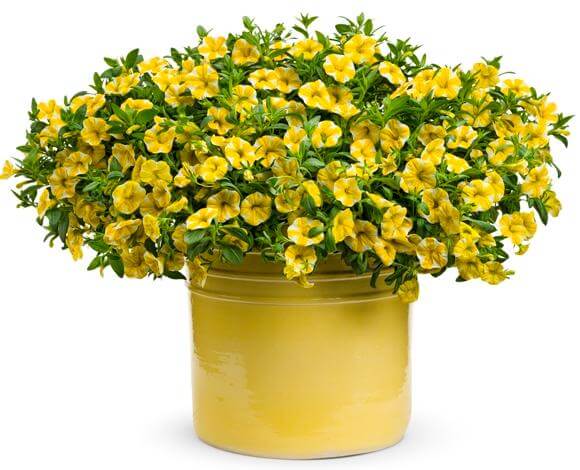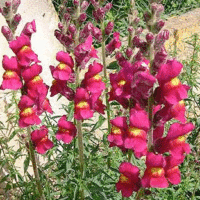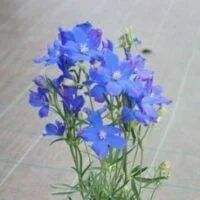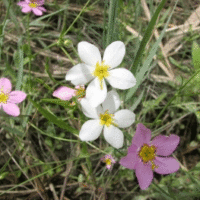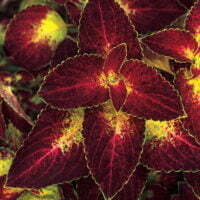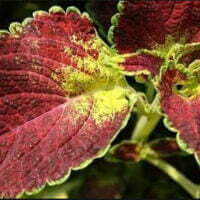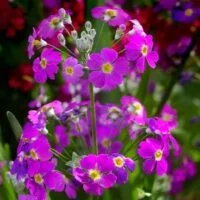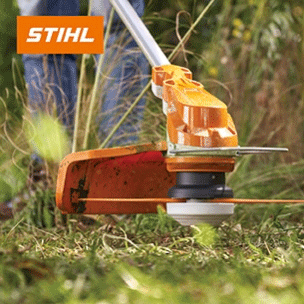| Botanical name | Calibrachoa Superbells Lemon Slice |
|---|---|
| Plant Care |  Full Sun Full Sun – Prefers 6 or more hours of sun per day.  Half Sun Half Sun – Prefers 3 To 6 Hours of Sunlight a Day.  Semi Frost Hardy Semi Frost Hardy – Is Able to Survive Moderately Low Temperatures.  Moderate Watering Moderate Watering – Requires Regular Watering.  Low Maintenance Low Maintenance – Requires little maintenance.  Non Indigenous Non Indigenous – Exotic to South Africa. |
| Categories | |
| Flowers | January February March April August September October November December This plant bears vibrant white and yellow petunia-like flowers. They have striking yellow stars radiating from the centre bloom |
| Common name(s) | Calibrachoa Superbells Lemon Slice |
| Uses in landscape design | Plant in containers for best results. |
| Drought tolerance | High |
| Soil conditions | They do best with good drainage. |
| Interesting info | Tolerates heat |
| Growth habit | This plant has a mounding growht habit. |
Calibrachoa Superbells Lemon Slice (Calibrachoa Superbells Lemon Slice)
- Botanical name: Calibrachoa Superbells Lemon Slice
- Common name(s): Calibrachoa Superbells Lemon Slice
- Categories: Annuals
Plant description:
Lemon Slice is a low-maintenance plant with abundant small petunia-like flowers. These vibrant white and yellow flowers have striking yellow stars radiating from the centre blooming from early spring all the way through the first light frost. Calibrachoa’s do not like constant damp soil – they do best with good drainage. Plant in containers for best results.
Family: – Solanaceae (nightshade)
Botanical Pronunciation: – peh-TOON-yah
Calibrachoa Superbells Lemon Slice requirements and features
info on these icons
Moderate Maintenance
Requires moderate maintenance.
Prohibited Use Notice: No Data Scraping Allowed Except for Search Engine Indexing:
The content provided on PlantInfo.co.za is intended for personal, non-commercial use only. Unauthorized extraction, reproduction, or use of the data, including scraping, for any purpose other than search engine indexing is strictly prohibited. Violations of these terms may result in legal action. By accessing and using this website, you agree to comply with these conditions and acknowledge the legal restrictions on the use of our content.
January February March April August September October November December This plant bears vibrant white and yellow petunia-like flowers. They have striking yellow stars radiating from the centre blooming from early spring all the way through the first light frost. 







